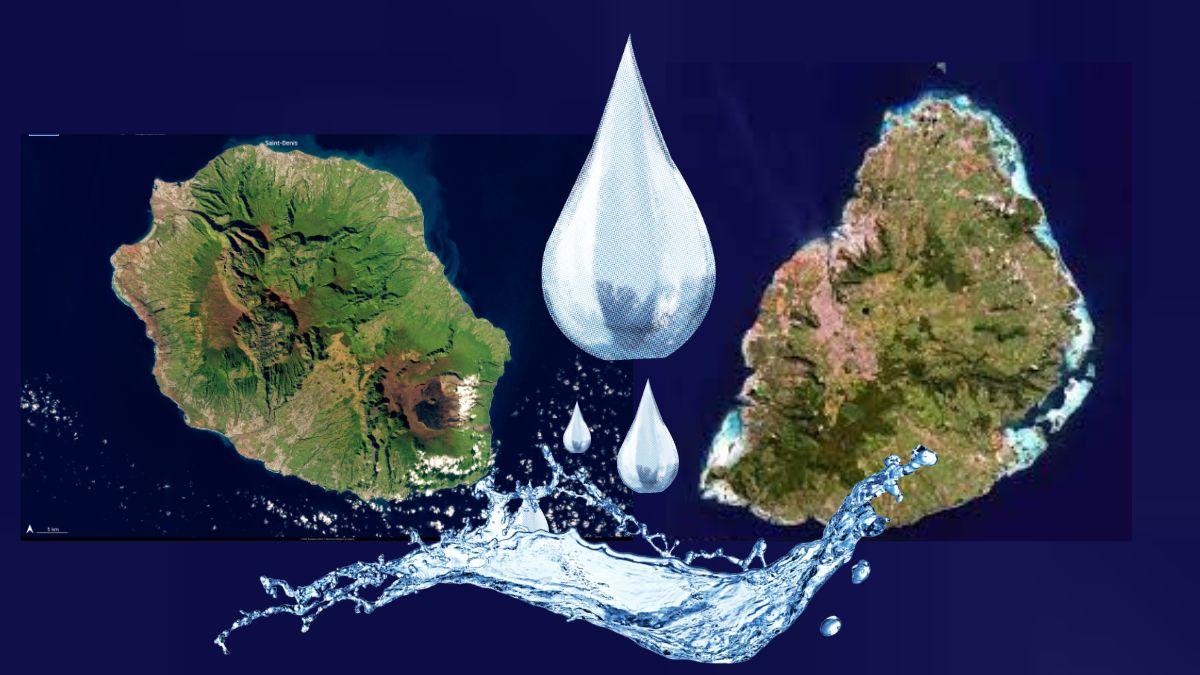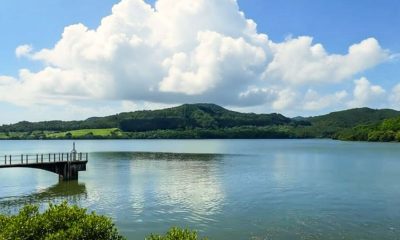News
Indian Ocean Faces ‘Acute’ Water Crisis: Up to 15% Loss Projected by 2050

The Indian Ocean region is facing an “acute” impact from climate change, with a new study projecting a potential reduction of up to 15% in water availability by 2050. This alarming forecast is due to the combined effects of increased evaporation and prolonged dry spells within the region.
The critical issue was the focus of a major conference in Plaine-Magnien, co-organised by Business Mauritius and Club Export Réunion on Thursday, 27 November. The event, titled “Water, Climate, Future,” brought together over 130 companies to discuss the urgent need for regional cooperation.
Regional Cooperation is Key to Resilience
The conference served as a key step towards formalising a regional partnership between Mauritius and La Réunion, two territories facing similar climatic realities but which have developed distinct approaches to managing water resources.
Patrick Assirvaden, Minister of Energy and Public Utilities, stressed that water management must no longer be viewed “in silos.”
He called for modernisation of infrastructure, greater integration of technology, strengthened risk management, and, crucially, enhanced cooperation with regional partners to build “sustainable resilience.”
The Minister noted that ongoing reforms are aimed at meeting public expectations while consolidating national water security.
Public-Private Action and Economic Strategy
The effects of climate change are already being felt acutely in the region through more irregular rainfall cycles, extended dry periods, and rising pressure on existing infrastructure.
Water is now central to economic and societal priorities for both Mauritius and La Réunion, impacting food sovereignty, energy, tourism, and investment attractiveness.
Madhavi Ramdin-Clark, Vice-President of Business Mauritius, highlighted the necessity of a joint response from both the public and private sectors.
She stated, “We must adapt our water management models so that they meet the evolving needs of our countries.”
Dominique Valgresy, President of Club Export Réunion, underlined the economic and strategic benefits of this partnership.
Valgresy noted that the often complementary approaches to water challenges “become a real strength when they are shared,” and that regional cooperation “creates concrete opportunities for our businesses.”
The conference concluded with a consensus that the Maurice–Réunion cooperation can serve as a model for other islands in the region facing the climate emergency.
Business Mauritius and Club Export Réunion have committed to continuing their work within a structured and lasting framework.
Source: Defi Media











